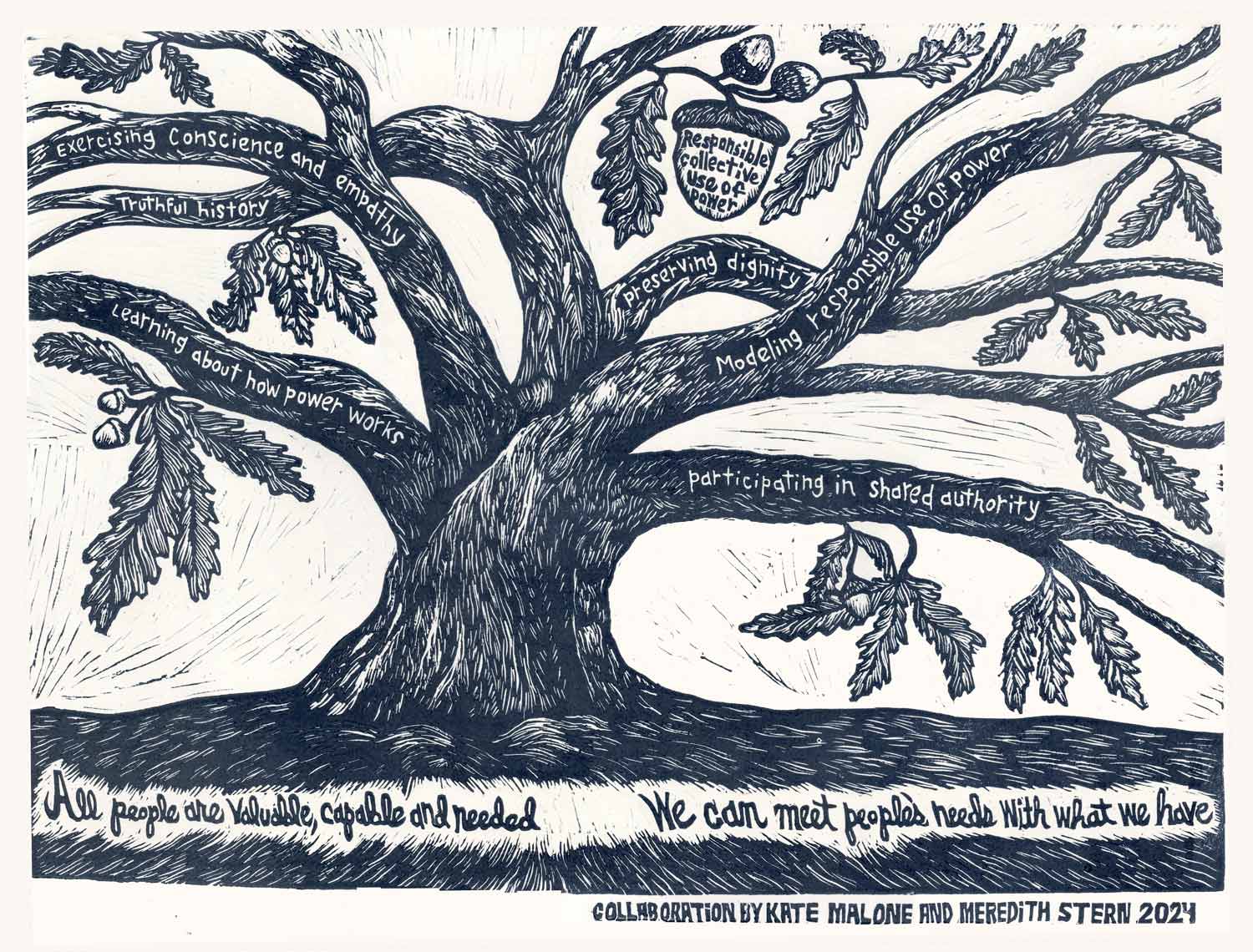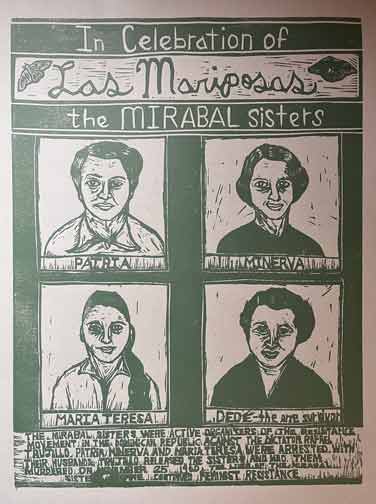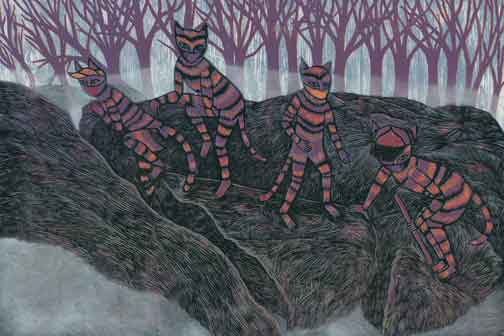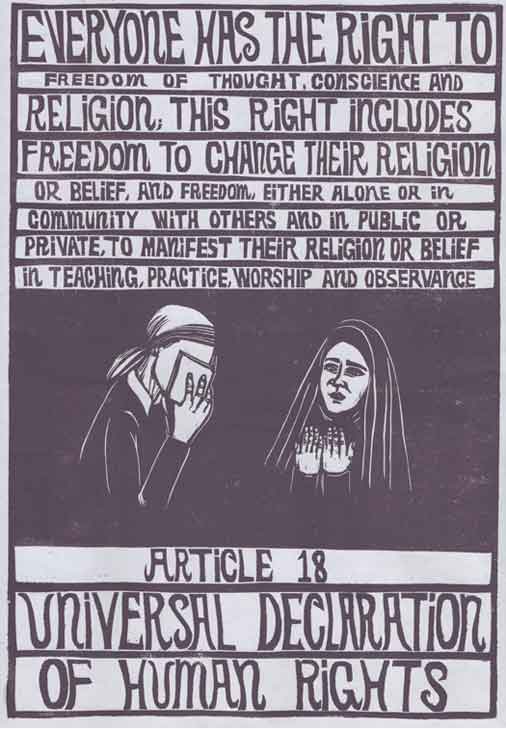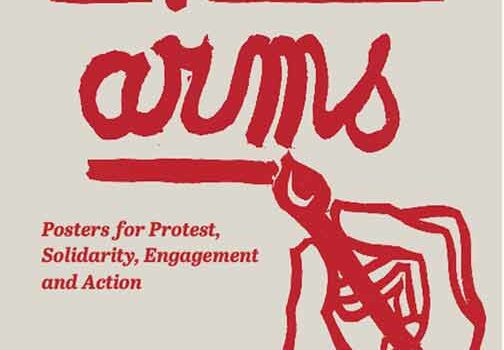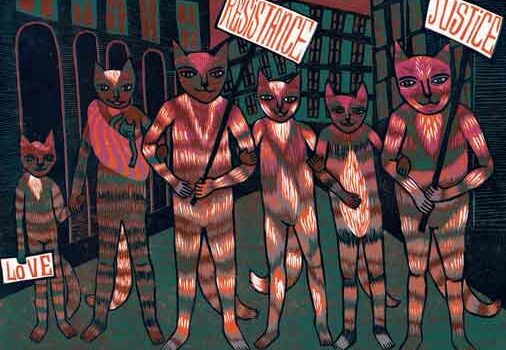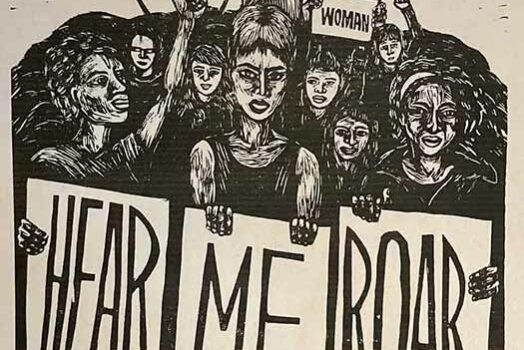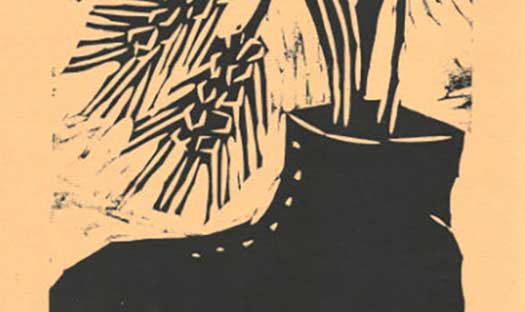Kate Malone and I met when we were teenagers at a Quaker youth group called “Young Friends.” In the intervening years between being kids ourselves and having kids, we were both active in various DIY/collective/art-making communities, as well as returning to Quaker communities to reconnect to a spiritual community and educate our children. In 2023 we found ourselves having landed in similar circumstances: frustrated by the disconnect between the Quaker ideals of equality, nonviolence and the blend of democratic process and spirituality that had shaped our moral growth as young people, and the deeply compromised environments our kids had encountered in their own Friends schools. Kate was finishing up an educational leadership program at the time and had done a research project on Quaker values and supporting social-emotional development. We met up several times over zoom to share stories, and a collaborative project emerged.
As we talked and drew and wrote together over seven months, we read a bunch of things that helped us make connections and put words to our experiences. What we created together is a kind of organic map of how the practices of adults in schools must be rooted in distinct beliefs about human worth and prosperity. As Kate keeps reminding me that I said in one of our early sessions, “It’s impossible to center wealth” if a school is truly in service of social justice. Otherwise, “social justice” is just branding in the private school market, and a school culture that excuses bullying is inevitable. To educate children in a community that centers human worth, we need to delink private wealth from power, because cultivating collective, compassionate power is at the heart of what we believe schools are for.
Both of us wanted to create a visual artifact that could spark new conversations about these values beyond the Friends community, especially in public schools. We used a tree as our metaphor, based on Quaker writer Paul Lacey’s article Roots and Fruits: Quaker Decisionmaking. Lacey described the outward behaviors of Quakers as rooted in a belief in the divine in each person, held up and pointed in a distinct growth direction by shared practices like meetings that honor every voice. Only then do we get to enjoy the fruits: the unique expression of shared power by a group of young people and the older ones who support them.
This poster features a large oak tree. The ground with the roots have the words "All people are valuable, capable and needed & We can meet people's needs with what we have." The branches of the tree describes how to enact these values in daily action. The statements read: "exercising conscience and empathy, truthful history, learning about how power works, preserving dignity, modeling responsible use of power, participating in shared authority." There is an acorn at the top of the tree, describing the fruit of the results. On the acorn is written, "responsible collective use of power."
This is a one color, linoleum block print. It is a dark blue ink on a semi-thick paper. 20" x 26"
